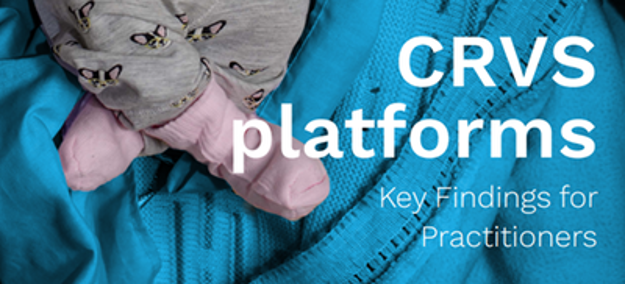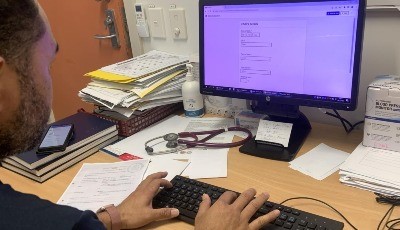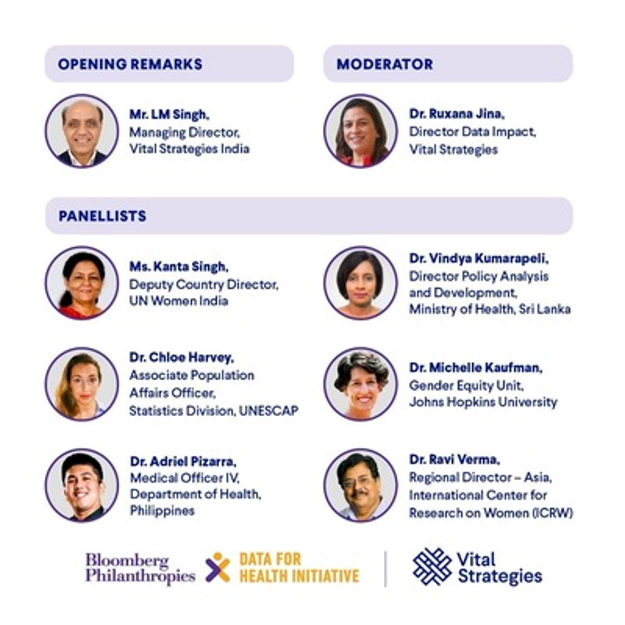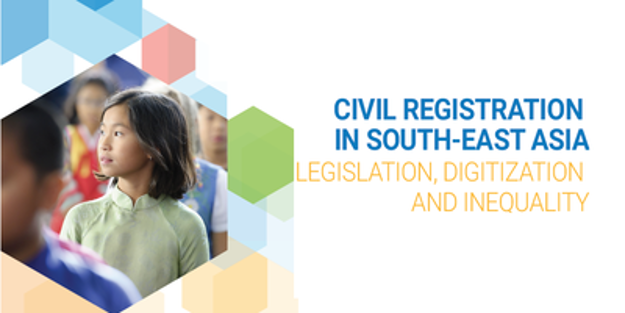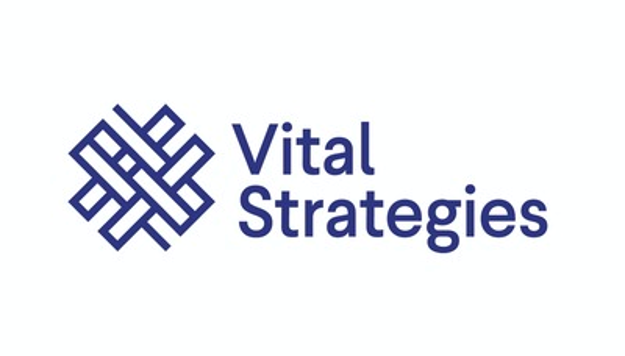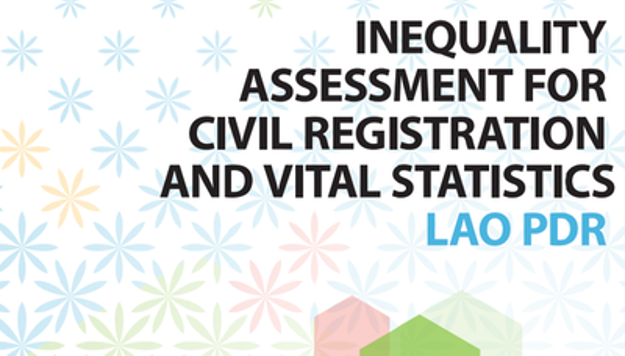UNICEF published a key report titled “CRVS Platforms: Key Findings for Practitioners”. The findings highlight a selection of CRVS platforms, which were selected after an extensive market survey of existing CRVS offerings. Conducted by UNICEF, the review assesses the functional and non-functional aspects, as well as maturity of CRVS products. This publication targets international development practitioners, both in programme and Information Communication Technology divisions, who wish to understand and implement digitalized CRVS programmes. It is intended to guide planning, budgeting, technology selection, and implementation strategies. It is also intended to support planning and programme operations design that are fit for purpose and uphold value, feasibility, and sustainability principles. The report can be accessed here.


